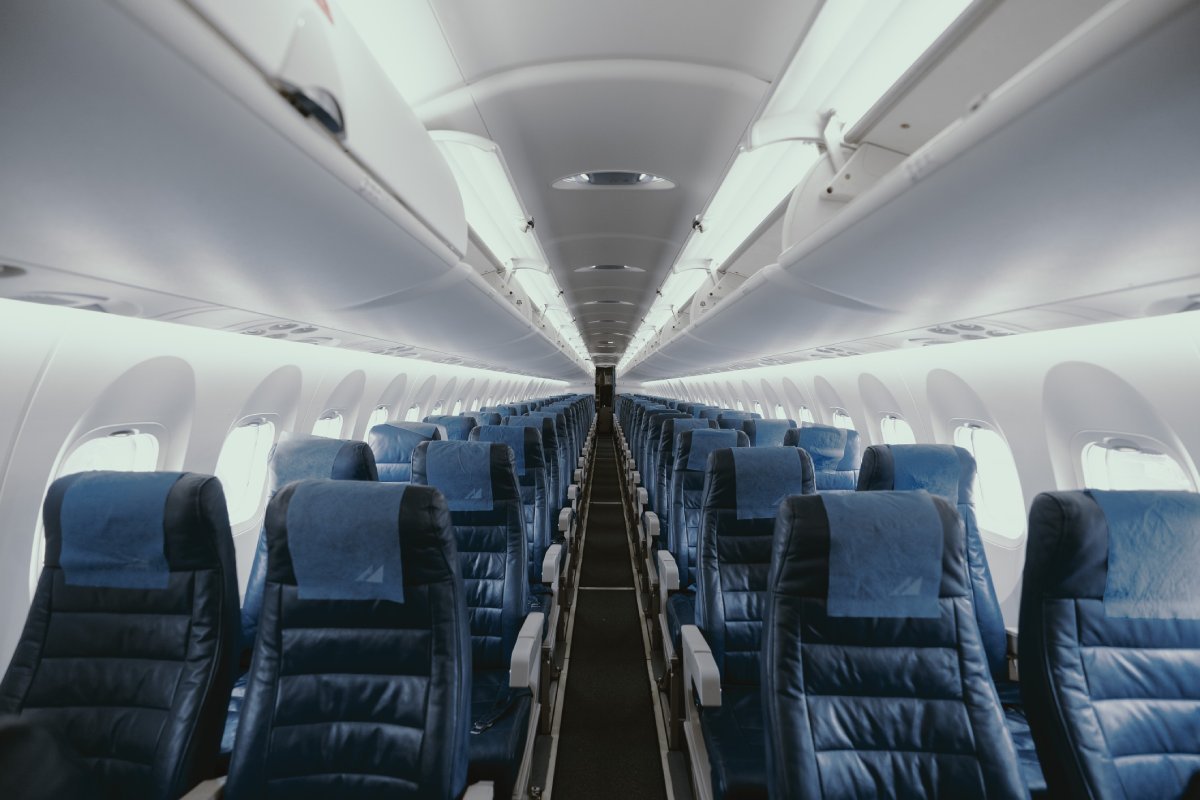U.S. Visitor Visa Wait Times Remain Stuck at Over 400 Days on Average

Skift Take
U.S. visitor visa wait times remain over 400 days on average for first-time visa applicants from top inbound markets, according to the U.S. Travel Association.
Destinations and hotels will continue to be starved of many tourists and business travelers from India, Brazil, Mexico, Colombia and 6 other countries because they have to wait 407 days on average to obtain an interview in order to get a visitor visa.
The ongoing backlog reinforces a Skift megatrend that 2023 will be a year of international travel bottlenecks. In 2023, the U.S. will lose out on 2.6 million and $7 billion in spending due to the visitor visa backlog, according to U.S. Travel.
The visa backlog has been a top concern for travel executives this year. A key point of emphasis has been the 400 day wait time. In January, Marriott CEO Anthony Capuano pointed out they were over 400 days and publicly called on the Biden Administration to take more action. Hilton CEO and U.S. Travel Association National Chair Chris Nasetta has said it is key issue for the industry.
| Visa Applicant Country | Average Interview Wait Time |
|---|---|
| Colombia | 886 Days |
| Mexico | 587 days |
| Brazil | 492 days |
| India | 458 days |
| China | 77 days |
In February, mayors and officials representing New York, Chicago and over 42 other American cities and counties signed a letter to the Secretary of State Antony Blinken urging immediate action to reduce visitor visa interview wait times.
To cut down the backlog, the State Department has implemented initiatives in Mexico, Brazil, Colombia and India. Some include moving existing staff to those countries, waiving interview requirements and having them working weekends to interview applicants. In January, U.S. Travel said there was some reduction in wait times.
U.S. Travel pointed how other countries have taken better steps to ease visitation for tourists. The UK, for example, dropped its visitor visa requirement for Columbia.
U.S. Travel called on the Biden Administration to show more leadership on the issue. “The State Department has not yet done enough to solve this problem, and the vexing lack of progress is hindering the growth of the broader U.S. economy,” said U.S. Travel Association President and CEO Geoff Freeman.
While still high, visa interview wait times vary by embassy within each country, more visas have been issued than before the pandemic and processing has increased faster than expected over the last few months in key markets, Deputy Assistant Secretary of State for Visa Services Julie Stufft told Skift. "Since January, our India wait times have dropped 60 percent," she said.
Looking at the State Department website, there does appear to be a drop for some countries compared to earlier in the year. An aspiring tourist would have to wait 332 days—nearly a year— for a visitor visa interview at the Mumbai U.S. Embassy on March 23, down from 700 days on February 10.




